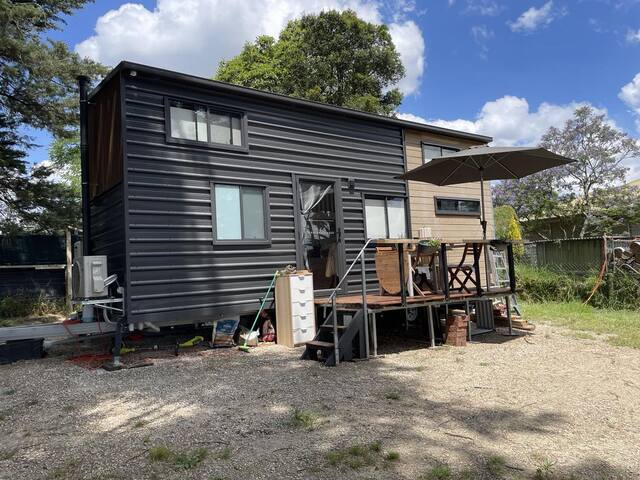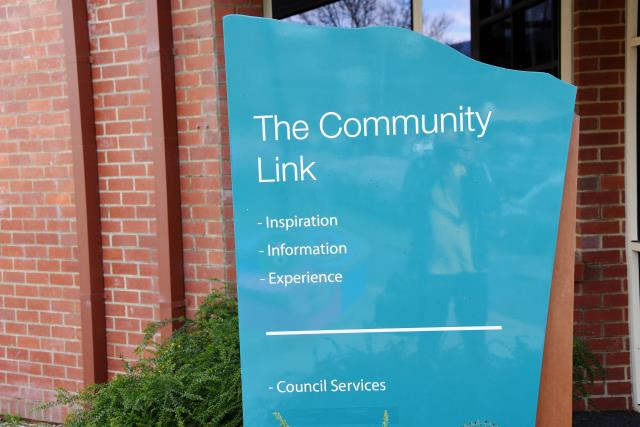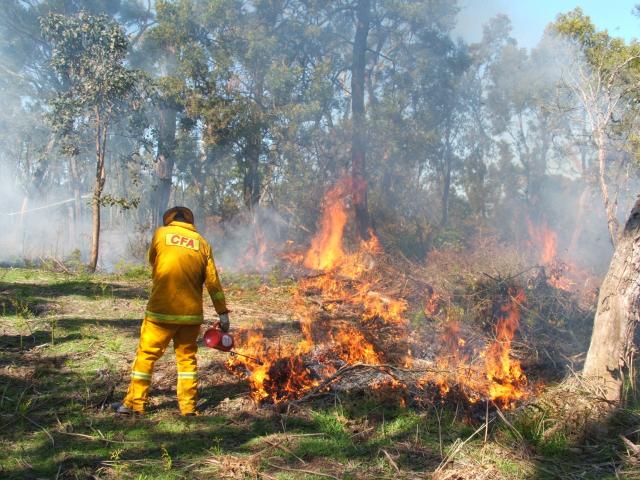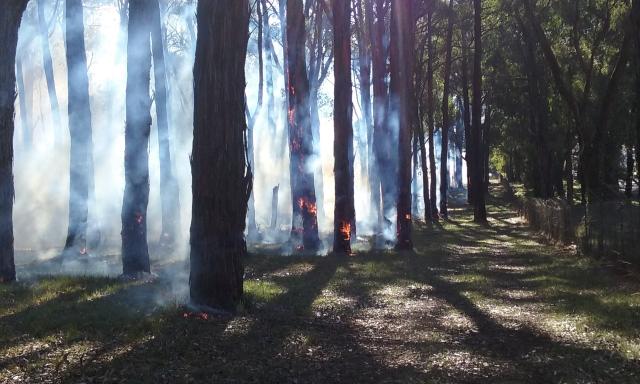After years of legal uncertainty and mounting pressure from the Yarra Ranges Council, Evrim Sen and her partner Benny Redfern have made the painful decision to leave their tiny home and relocate to Warragul in Gippsland.
Ms Sen, who has lived in her tiny house on wheels for three years in Belgrave South, had hoped to settle in the region, build a life, and start a family.
But despite community support and a petition with over 1000 signatures urging the council to allow tiny homes on wheels as legitimate housing, Ms Sen and Mr Redfern were told to vacate their home by the end of July and have already been evicted, with the tiny house itself required to be moved as soon as possible.
In a documented statement sent to Yarra Ranges Council, Ms Sen expressed frustration over the council’s interpretation of planning laws.
She stated that while their home meets all safety requirements, including transport and electrical certificates, the council views it as an illegal dwelling due to strict planning code applications.
“It doesn’t seem to matter that our home has an electrician’s certificate, a gas certificate, all the things that make it safe,” Ms Sen said.
In a follow-up email to council staff, she said, “it’s heartbreaking.”
“I wanted to build a life here, but the council’s stance means I’m being pushed out, while other tiny home residents continue to battle for change. I can’t lose any more time or risk my future.”
The case of Ms Sen highlights a broader issue affecting many residents living in tiny homes and caravans throughout the Yarra Ranges.
A petition titled ‘Reverse the Evrim Sen Decision by the Shire of Yarra Ranges’ calls for the council to immediately adopt a resolution submitted by Ivor Wolstencroft.
The resolution urges the council to allow the temporary use of tiny homes and caravans under safety standards and planning discretion, particularly during the current housing crisis when rental vacancy rates are below 2.5 per cent.
The petition states that if enforcement actions like Ms Sen’s eviction are upheld, it could set a precedent forcing many vulnerable residents out of their only available shelter.
Community advocates are also urging higher levels of government to publicly support the use of tiny homes as emergency housing and to fund coordinated responses to the housing crisis.
The petition states, “This is not a loophole, it is a lifeline. The solution is written. It is ready. All it needs is to be adopted.”
Aimee Clark, an advocate who has experienced prolonged legal battles over alternative housing, shared her perspective with Star Mail.
“People don’t choose to live in tiny homes because they want to, they do it out of desperation. When the system fails you, sometimes a tiny home is the only safe option left,” she said.
“The council’s approach turned from serving the community into a business of revenue and bullying. They pushed vulnerable people out rather than helping them.”
In parallel, a formal complaint was lodged with the Victorian Equal Opportunity and Human Rights Commission.
The complaint alleges that Yarra Ranges Council’s enforcement against Ms Sen may have breached the Charter of Human Rights and Responsibilities Act 2006, citing violations of rights to privacy, equality, protection of families, and humane treatment.
The complaint states the council took enforcement action without genuine consideration of Ms Sen’s human rights or offering reasonable alternatives.
It further raises concerns about systemic discrimination against those living in non-traditional housing, especially low-income women.
Yarra Ranges Council’s director of planning and sustainable futures, Kath McClusky, responded to queries by saying that in light of a recent Building Appeals Board decision, the council is reviewing active building compliance matters relating to tiny homes and seeking further guidance from the State Building Surveyor.
She said each matter is treated on a case-by-case basis and encouraged anyone with concerns to contact the council’s Planning and Building Department.
Ms Sen praised some council staff, especially the housing officer, for acknowledging the severe lack of affordable housing in the area.
However, she said more transparency and consistent policy across council departments are urgently needed.
Ms Clark’s fight with the system sheds light on the deeper impacts of these enforcement actions.
“I was criminally charged and fined repeatedly, even though my home met all the required codes and regulations. It’s not about safety; it’s about control and discrimination,” she said.
“This isn’t just about tiny homes – it’s about a corrupt system that ignores the rights and safety of Aboriginal people, disabled people, and those living on the margins.”
The ongoing legal uncertainty and lack of clear policy are taking a toll on other tiny home residents too.
Another tiny home dweller from Monbulk, Dayne Barkley, said the council’s approach adds “extra pressure and unnecessary stress” and has forced him to seek legal advice to understand his rights.
“People are trying to do the right thing, but they’re navigating a cost-of-living crisis, a rental crisis, and a housing market that’s out of reach.
Tiny homes offer hope. And yet here we are,” Ms Sen said.
Ms Clark emphasised the human cost of these policies.
“After years of harassment and legal battles, many people like me are left broken – physically, mentally, and financially. The system needs to change,” she said.
“We need to stop criminalising alternative housing solutions and start recognising them as legitimate, safe, and necessary homes for vulnerable communities.”
Despite leaving the Yarra Ranges, Ms Sen remains determined to advocate for change.
“It’s devastating to leave. But we’ll keep helping others where we can. This isn’t just about us – it’s about everyone trying to find safe, affordable housing in a broken system,” she said.
Ms Sen’s move to Gippsland underscores the human cost behind the council’s enforcement policies and the urgent need for sensible, compassionate housing solutions.
As the tiny homes debate continues in Yarra Ranges, residents and advocates alike call on local, state, and federal leaders to act with kindness and flexibility, because, as the petition puts it, “Homes aren’t just buildings – they’re where lives begin.”







